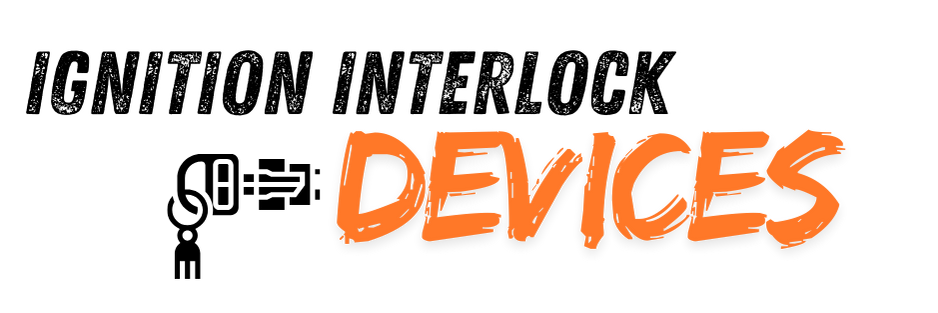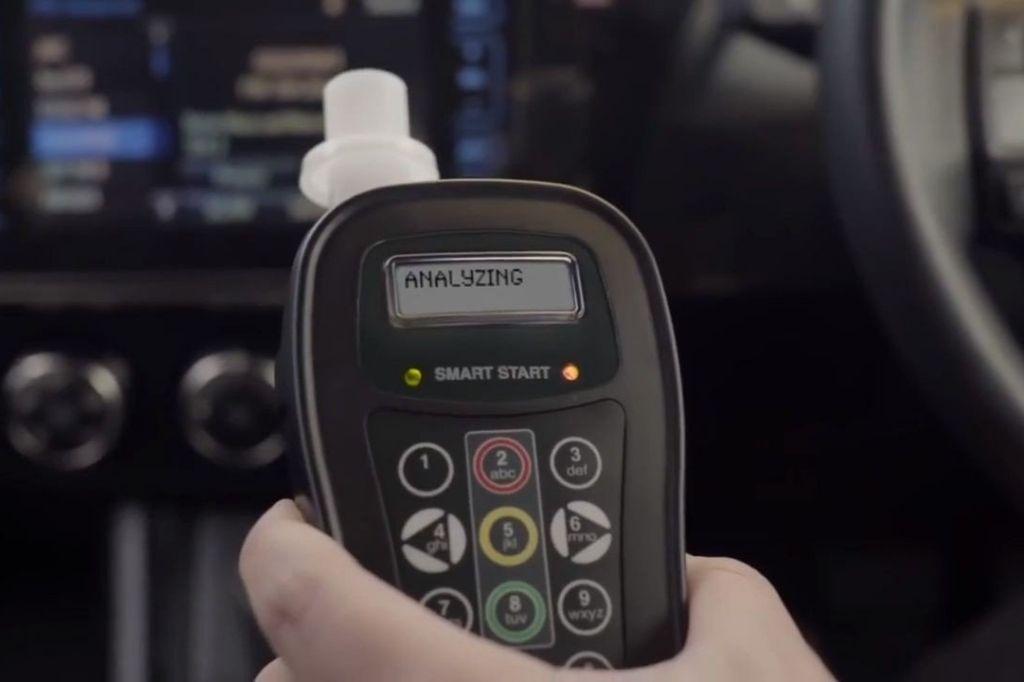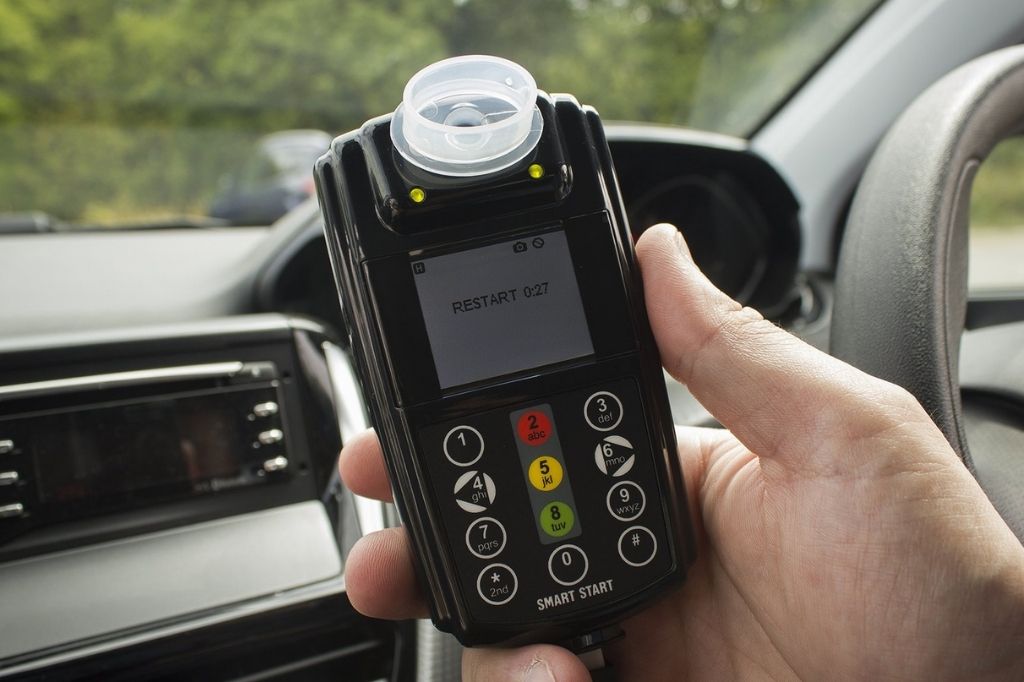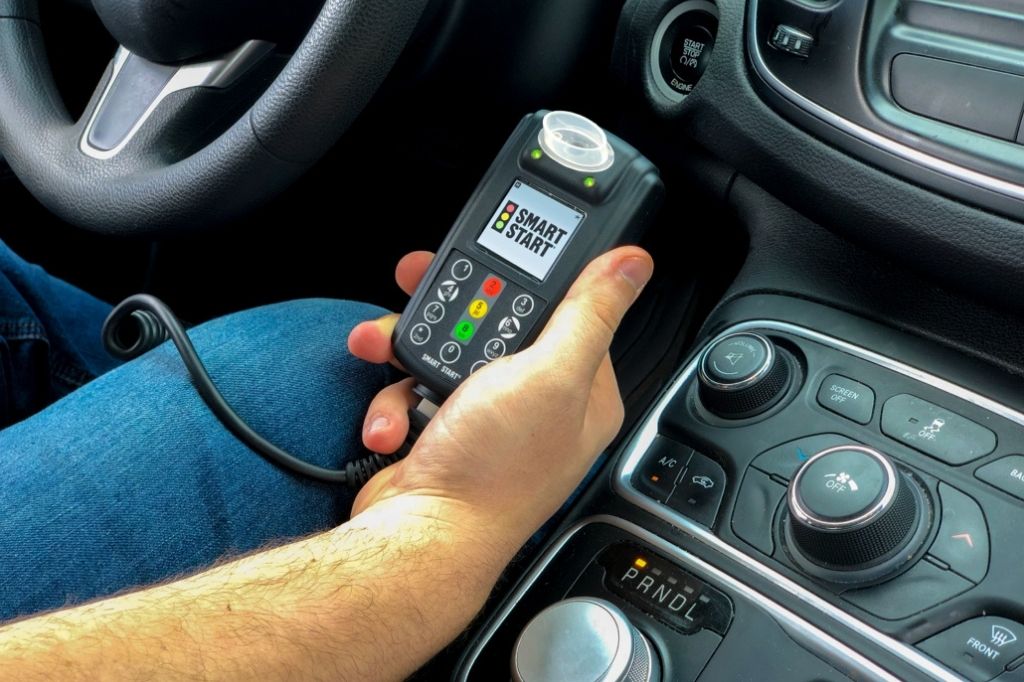With regards to understanding lawful phrasing, particularly connected with driving offenses, it’s not difficult to get confounded by the different abbreviations utilized across various states. One such term that frequently brings up issues is OWI. All in all, what does OWI depend on, and how can it contrast from other normal terms like DUI or DWI? In this exhaustive aide, we will separate all that you really want to be familiar with OWI, its lawful ramifications, and why understanding the differentiations between these terms is significant.
Whether you’re a driver attempting to remain informed or somebody confronting an OWI charge, this article gives the lucidity you need.
Understanding the Importance of OWI
The term OWI stands for Operating While Intoxicated. It is a legitimate term utilized in specific states in the US to portray the offense of working a vehicle while affected by alcohol or medications. While many individuals are more acquainted with the term DUI (Driving Impaired), OWI basically covers a similar kind of offense yet underlines the activity of the vehicle as opposed to simply driving.
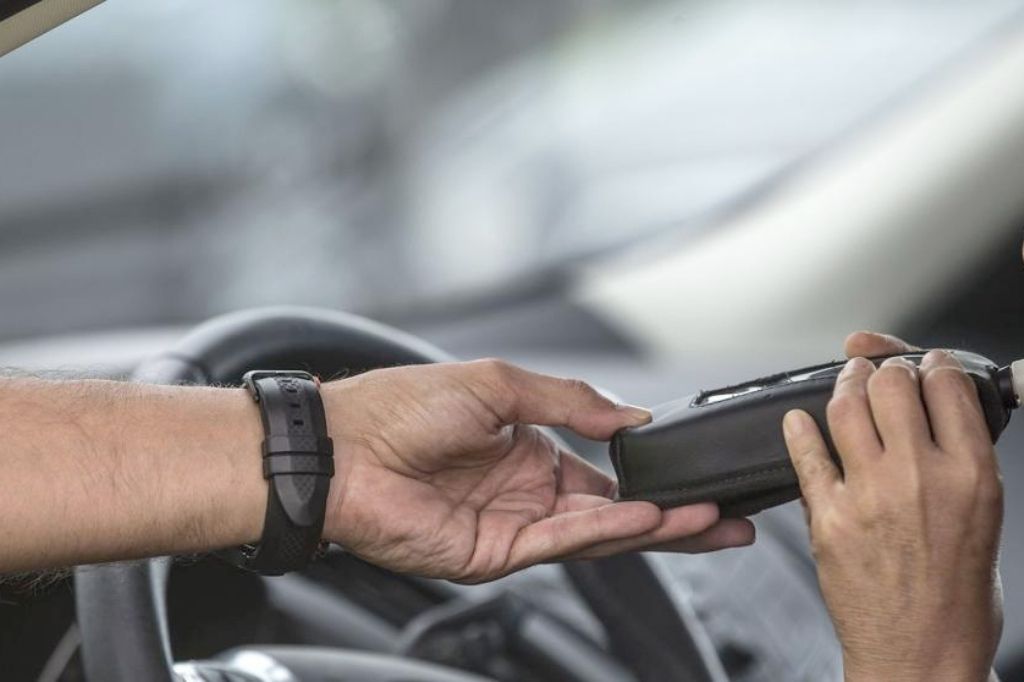
One critical distinction with OWI is that it doesn’t be guaranteed to require the person to be driving the vehicle at the hour of the offense. All things considered, the expression “working” alludes to any demonstration of controlling the vehicle, for example, having the motor running or being steering the ship with the keys in the start. This implies that somebody could be charged with an OWI regardless of whether the vehicle isn’t moving, the length of they can work it while inebriated.
The utilization of OWI fluctuates by state, and it is most normally found in states like Iowa, Michigan, and Indiana. It’s essential to take note of that each state has its own arrangement of regulations and definitions in regards to weakened driving, so what is viewed as OWI in one state might be characterized diversely in another. Understanding the particular laws of your state is fundamental for know what an OWI charge might mean for you.
OWI vs. DUI: What’s the Difference?
With regards to impeded driving offenses, terms like OWI, DUI (Driving Impaired), and DWI (Driving While Inebriated) are frequently utilized conversely, however they can have various implications relying upon the state. It’s urgent to understand these distinctions, as they can influence the charges, punishments, and lawful techniques included.
DUI is the most regularly utilized term and alludes to driving while affected by alcohol, drugs, or whatever other substance that weakens the driver’s capacity to securely work the vehicle. DUI is a more extensive term and is utilized in many states to depict this kind of offense. In any case, DUI ordinarily requires the vehicle to be moving, truly intending that in the event that a cop finds somebody sitting in a left vehicle while inebriated, they will be unable to charge them with DUI except if the vehicle is moving.
Then again, OWI centers around the demonstration of working the vehicle as opposed to driving it. This implies that an individual can be charged with OWI regardless of whether the vehicle isn’t moving, for however long they are in charge of the vehicle while inebriated. The accentuation on “working” permits cops to make a move in circumstances where an individual might be inebriated and in a situation to drive however hasn’t yet moved the vehicle.
DWI is one more term utilized in specific states and stands for “Driving While Inebriated” or “Driving While Hindered.” As a rule, DWI and DUI are utilized conversely, however a few states might separate them in view of the degree of weakness or the particular substance included. For instance, a state could involve DWI for cases including alcohol impedance and DUI for cases including drugs.
Eventually, the differentiation between these terms relies upon state regulation. In states that utilization OWI, the accentuation is on the possibility to work a vehicle while hindered, which can prompt more proactive implementation measures to forestall smashed or tranquilized driving before it happens.
Legal Results of an OWI Charge
Getting charged with an OWI is a big deal accompanies huge lawful outcomes. The punishments for an OWI can fluctuate in view of elements, for example, the state where the offense happened, the singular’s blood alcohol focus (BAC), and whether it is a first-time or rehash offense. Understanding these results is pivotal for anybody confronting an OWI charge.
In many states, an OWI charge brings about a mix of punishments, including fines, permit suspension, and potential prison time. For first-time wrongdoers, the punishments might incorporate fines going from a few hundred to thousands of dollars, an impermanent suspension of their driver’s permit, and required cooperation in an alcohol training or treatment program. These punishments are intended to discourage impeded driving and urge people to look for help assuming they battle with alcohol or substance use.
Habitual perpetrators face a lot more brutal punishments, as states intend to beat constant debilitated driving down. These punishments can incorporate longer prison sentences, higher fines, expanded permit suspensions, and obligatory establishment of a start interlock device (IID). An IID requires the driver to finish a breathalyzer assessment prior to beginning the vehicle, which forestalls further examples of impeded driving.
It’s additionally critical to take note of that an OWI conviction can have long haul results past the quick legitimate punishments. A crook record can influence your capacity to get work, lodging, and expert licenses. Moreover, your vehicle protection rates might increment fundamentally, as insurance agency view people with OWI convictions as high-risk drivers. For this reason it’s fundamental for look for legitimate portrayal assuming that you are confronting an OWI charge to guarantee the most ideal result for your circumstance.
How OWI Regulations Differ Across States?
OWI regulations and guidelines are not something similar across all states, which is the reason understanding the particular regulations in your state is significant. States like Iowa, Michigan, and Indiana utilize the term OWI, yet their translations and punishments can differ. For example, in Iowa, OWI applies to working any vehicle while inebriated, and this incorporates vehicles as well as boats and other mechanized vehicles. In Michigan, the state characterizes OWI as working an engine vehicle with a BAC of 0.08% or higher, or with any presence of a controlled substance in the body.

Indiana likewise utilizes the term OWI, and it has comparative guidelines, yet the punishments and requirement practices might vary marginally from those in different states. A few expresses that utilization DUI or DWI rather than OWI might zero in on the vehicle being moving, while OWI states stress command over the vehicle as the deciding element for accusing a person of impeded activity.
The variety in OWI regulations features the significance of finding out more about your state’s particular guidelines. On the off chance that you much of the time travel or move between states, monitoring the distinctions in disabled driving regulations can assist you with remaining consistent and stay away from lawful difficulty.
What to Do Assuming You’re Charged with an OWI?
Assuming you end up confronting an OWI charge, making the right strides promptly is significant to safeguard your privileges and possibly limit the results. The initial step is to look for lawful portrayal from an in lawyer OWI or DUI cases. An accomplished lawyer can survey the subtleties of your case, evaluate whether the police followed legitimate techniques, and attempt to arrange a decreased sentence or elective punishments.
It’s likewise essential to follow any court requests or proposals. This might incorporate going to an alcohol instruction program or submitting to alcohol testing whenever required. Exhibiting a readiness to follow the law and get a sense of ownership with your activities can decidedly influence your case and show the court that you are focused on staying away from additional offenses.
Moreover, doing whatever it takes to resolve any hidden issues with alcohol or substance use can assist with forestalling future occurrences. This might include looking for guiding or taking part in a recovery program. Going to proactive lengths helps what is happening as well as adds to your general wellbeing and prosperity.
Understanding OWI and Its Implications
Understanding what does OWI stand for is significant for anybody who drives, particularly in the event that you live in a state where OWI regulations are upheld. OWI stands for “Working While Inebriated,” and it covers circumstances where an individual is in charge of a vehicle while impaired, regardless of whether the vehicle isn’t moving.
The regulations and punishments related with OWI charges can fluctuate altogether between states, so monitoring your state’s particular guidelines is essential.
Whether you’re hoping to remain informed or are confronting an OWI charge yourself, knowing the differentiations between OWI, DUI, and DWI can assist you with exploring the overall set of laws and pursue informed choices. In the event that you or somebody you know is managing an OWI charge, looking for proficient legitimate help and doing whatever it takes to resolve any issues with alcohol or substance use can prompt an improved result and assist you with pushing ahead with certainty.
